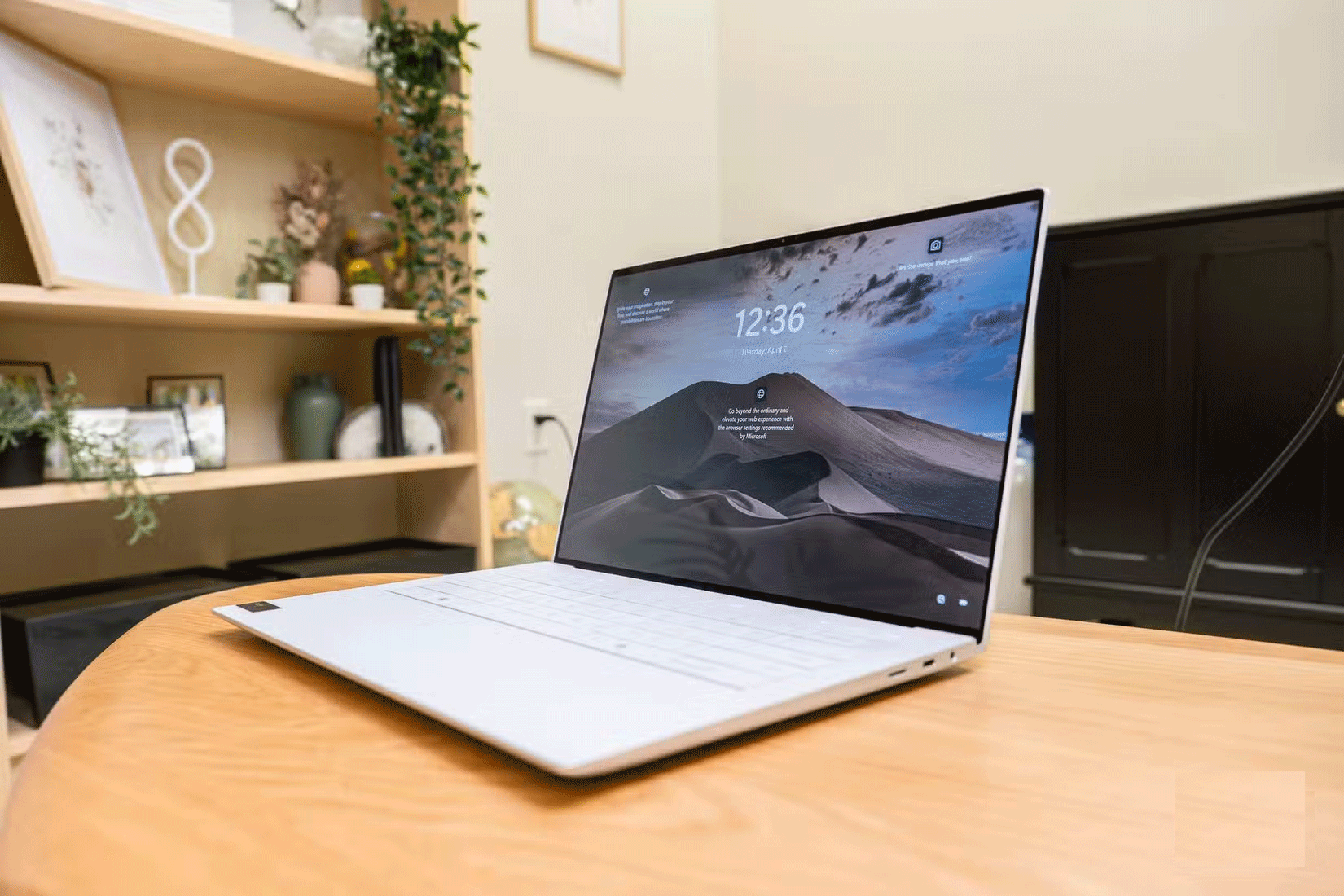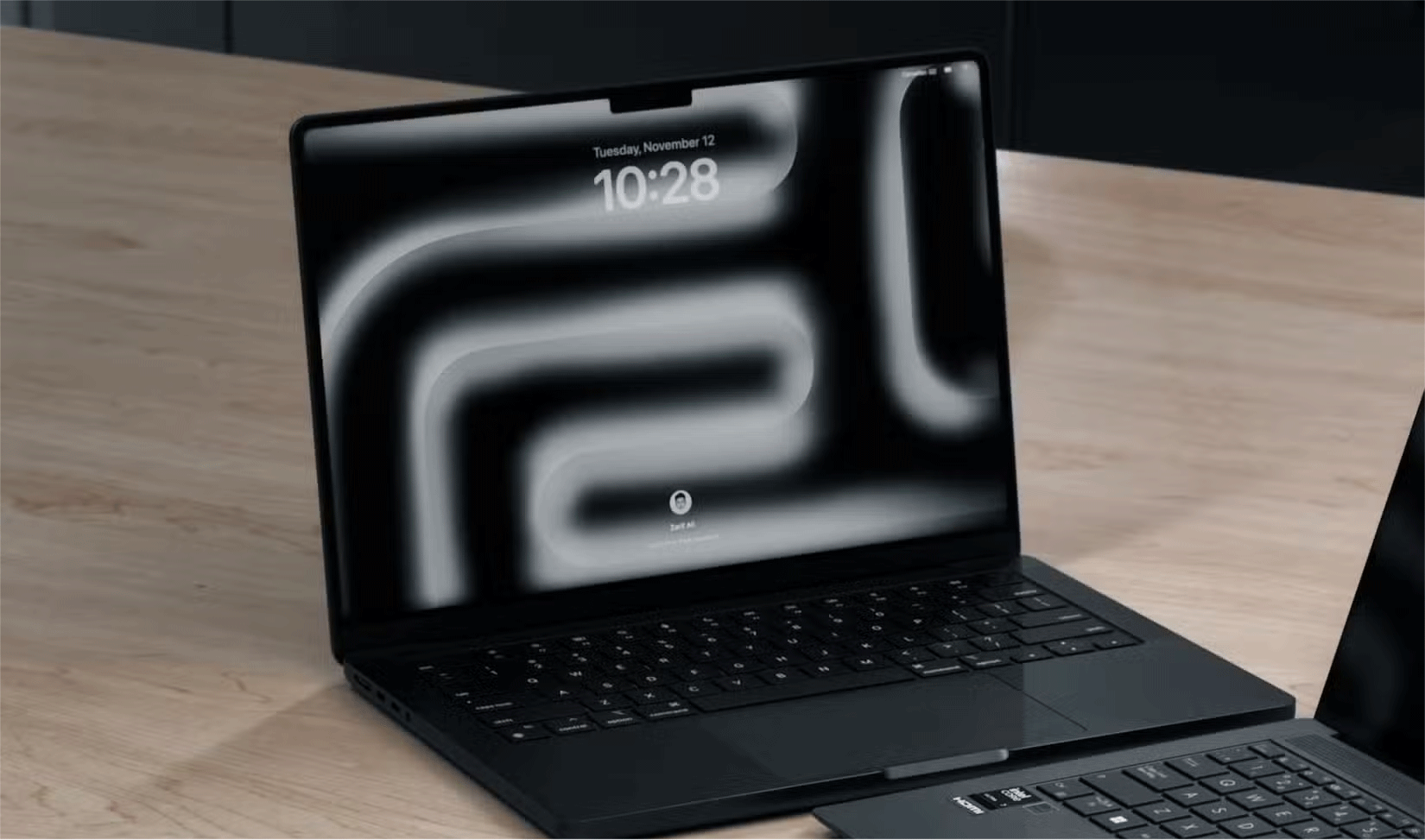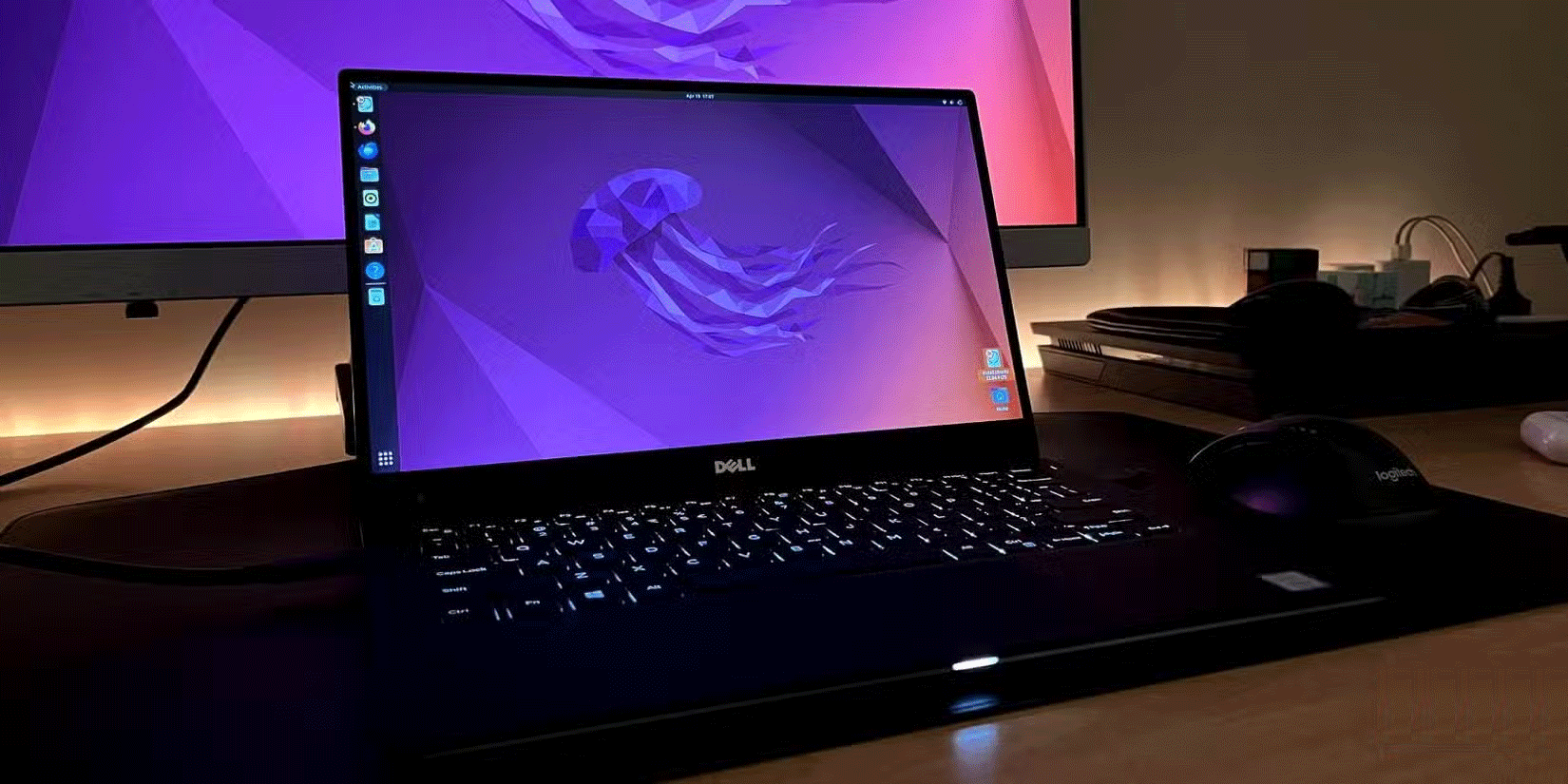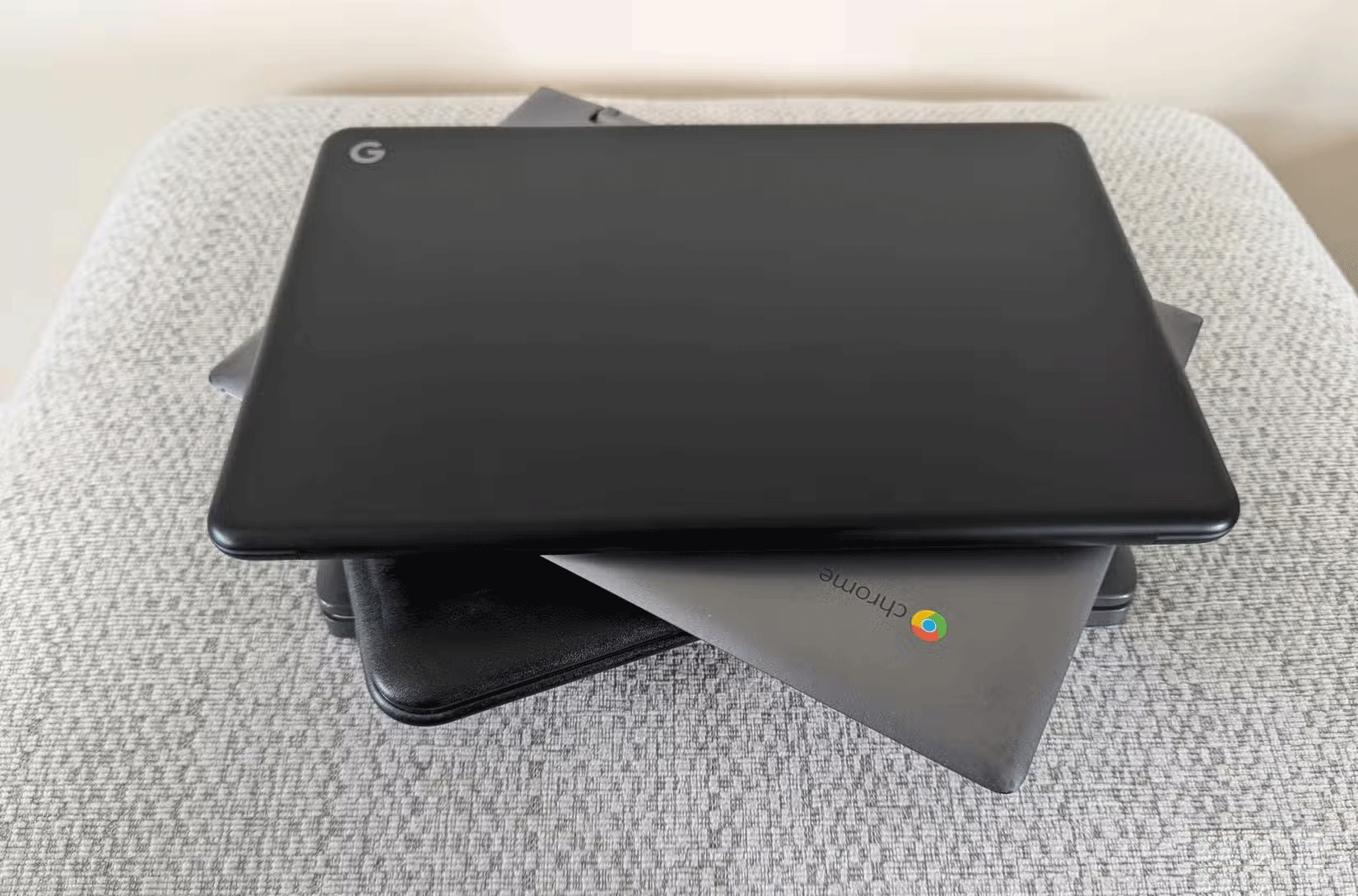Which operating system should you choose for your next PC?
Choosing the right computer operating system for your needs can be a daunting task, as there are so many options available. Whether you're looking for a budget laptop or a high-performance gaming rig, each operating system has its strengths and weaknesses to consider.
Why use Windows?

Windows remains the most popular desktop operating system, and for good reason. When you're shopping for a new Windows computer, you'll find a wide range of hardware options. Whether you're looking for a cheap $300 laptop for basic tasks or a high-end gaming PC that's over $2,000, there's an option for you.
If you primarily use Microsoft applications or rely on legacy or specialized software, Windows is probably your best bet. It also offers excellent support, with plenty of online resources and well-documented fixes for any issues that may arise. If you've been using Windows for a long time, you should stick with it unless you really want to change, as it works well with most workflows and is quite flexible.
If you are a gamer, especially one who plays multiplayer games, you should choose Windows without a second thought. It is the default operating system for gaming, and although Linux gaming has improved significantly in recent years, it still struggles with multiplayer games.
Why use macOS?

If you're invested in the Apple ecosystem, macOS is definitely worth considering. It integrates well with your Apple devices and unlocks the full suite of Apple ecosystem features, such as the ability to mirror your screen and control your iPhone right from your Mac. In our experience, it's also the easiest operating system to use, so it's recommended for anyone who isn't tech-savvy.
If you're in the market for a laptop, you should consider a MacBook, as it's one of the best laptops available today, especially when you consider the balance of efficiency and performance it offers, which is rare in Windows laptops.
You should also choose macOS if you primarily work with apps like Xcode or Final Cut Pro, since you can't use them anywhere but on a Mac. Keep in mind that you don't have many options when it comes to configuring a Mac, and the hardware can be a bit expensive.
Why use Linux?

If you like to tinker with your system and customize it to suit your needs, Linux is the operating system to try. While Linux is not an operating system itself, it is the core of many different distributions, each with their own unique features.
There are a number of Linux distributions that are perfect for Windows users who are considering switching to try out. What's even better is that most of them are completely free, so you don't need to buy a new device to try Linux and can even install it on your current machine.
Linux is also great for reviving old hardware. If you have an outdated computer that struggles with Windows, a lightweight Linux distribution can help you get your machine back to life for simple tasks like browsing the web or checking email.
If you're not ready to commit fully, you can dual boot Ubuntu with Windows and enjoy the benefits of both operating systems. Gaming on Linux has also improved a lot, with Proton allowing you to play most Windows games via Steam. Before you make the switch, you should check ProtonDB to see how your favorite games work.
Why use ChromeOS?

If you're a parent looking for a laptop for your high school child, you've probably heard of Chromebooks. They're popular in schools because they're easy to manage remotely, making it easy for schools to monitor multiple devices. Plus, most Chromebooks are affordable, typically starting at $200 to $300, which makes them perfect for active kids, since replacing a broken device isn't too expensive.
ChromeOS isn't just for kids, though. If your work primarily involves using a browser for tasks like writing documents, this is a great choice. It's easy to use and works well even on low-end hardware. It's also a solid choice if you use an Android phone and rely on apps like Google Docs and Google Drive. You get an ecosystem similar to Apple's, albeit not as feature-rich.
However, app support is limited, mostly limited to Chrome and compatible Android apps. Plus, most Chromebooks aren't powerful enough for more demanding tasks like video editing. If you're unsure, you can try ChromeOS Flex on your old laptop—it's basically ChromeOS without Android app support.
Ultimately, deciding which operating system is right for you depends on your workflow and budget.
 How to automatically play music when connecting AirPods on iPhone
How to automatically play music when connecting AirPods on iPhone 5 ways to check AirPods model
5 ways to check AirPods model New discoveries could make 2025 an unexpectedly happy year
New discoveries could make 2025 an unexpectedly happy year How to Fix 'Error 0x00000709: Operation Could Not Be Completed' on Windows
How to Fix 'Error 0x00000709: Operation Could Not Be Completed' on Windows Getty Images and Shutterstock merge into one billion-dollar company
Getty Images and Shutterstock merge into one billion-dollar company 6 best free photo editing software on computer
6 best free photo editing software on computer